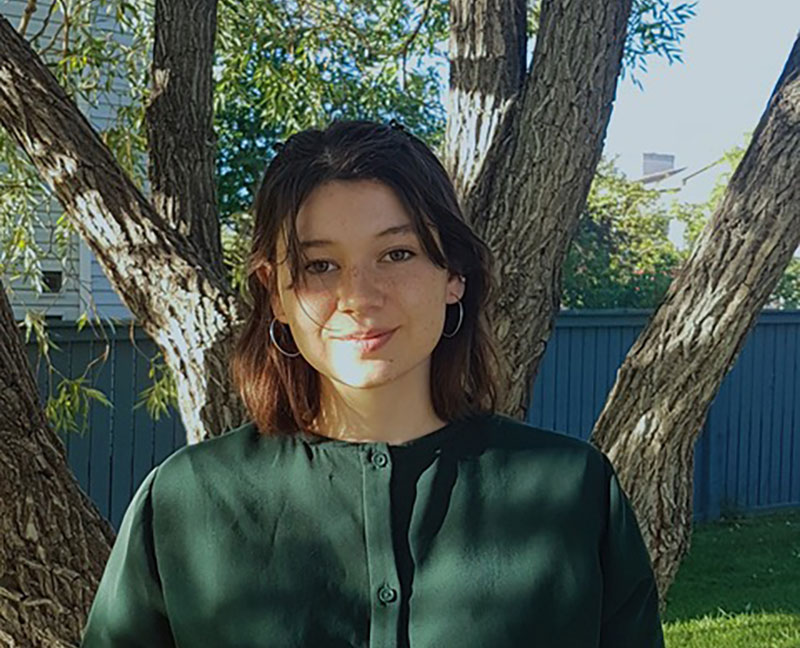In light of the surge in recent political activism in regards to the Black Lives Matter movement, many youth are exploring social activism through different platforms and means.
Youth often feel confined by their age, disempowered by their inability to vote, partake in government or even discuss politics without being brushed off. Social media has become a vehicle through which many adolescents have chosen to share information and support for social and political causes alike. This method provides the ability for youth to express themselves. But it can be disheartening, as the platform has limited ability to offer solutions.
As a youth, I feel that the best way to ensure youth feel both seen and heard is to facilitate discussion between young citizens and those who have policy-making power. Such discourse may fill the divide between youth and the realm of politics, embrace youth engagement and encourage awareness. Youth must have their voices heard in order to be fairly represented in community matters and to truly feel seen and heard in issues.
Without the ability to exercise power in their community and address these issues, many youth are desensitized to the needs of their communities. Establishing stronger communication between community bodies and youth is the most tangible way to ensure that youth feel included and engaged.

